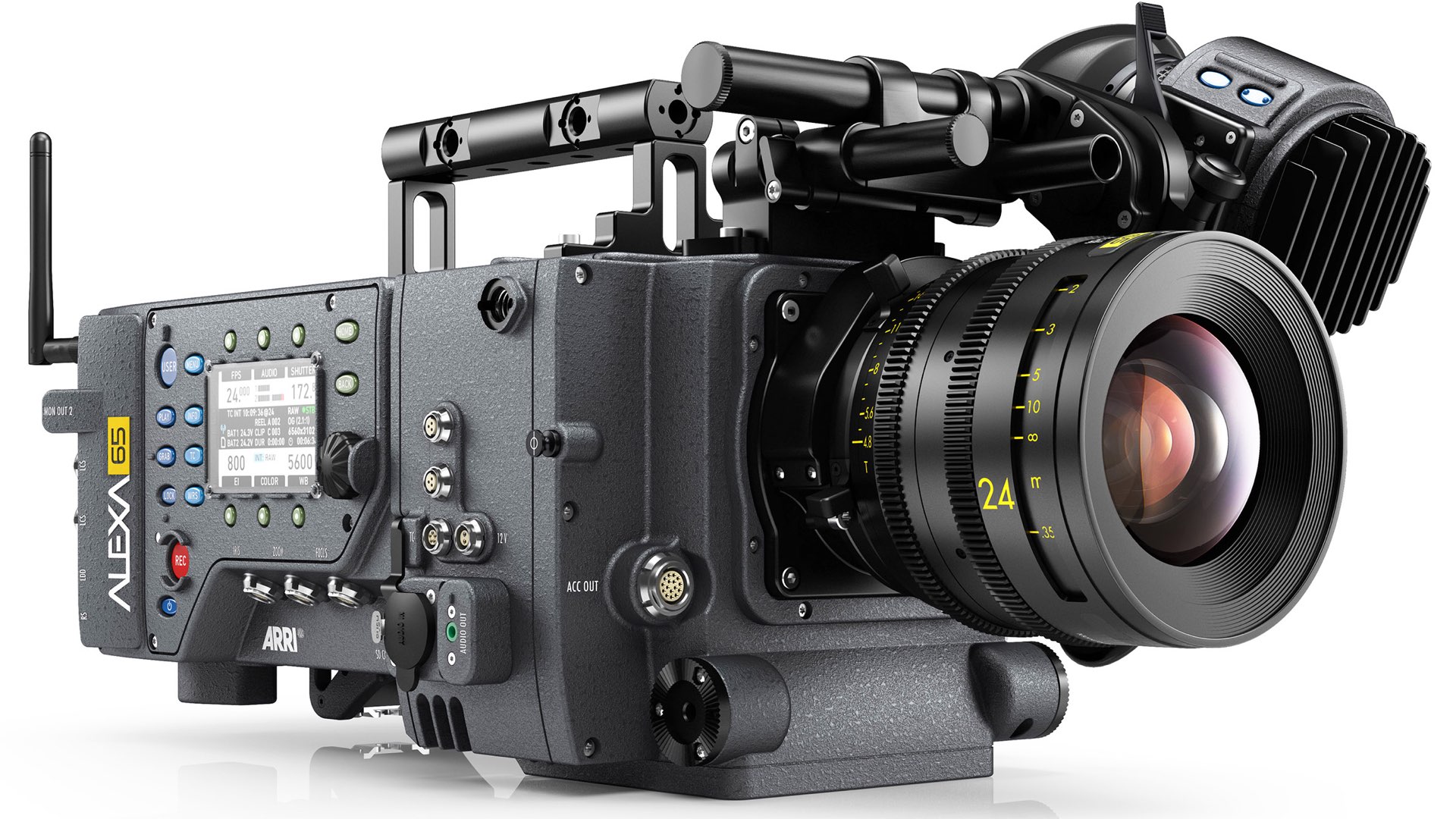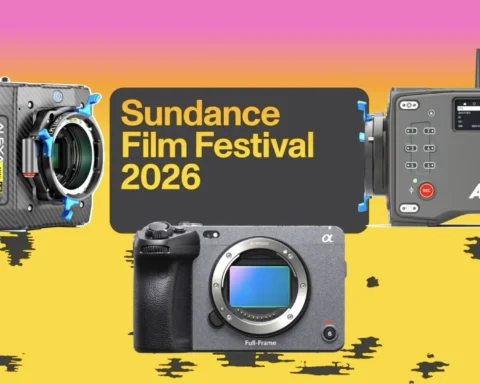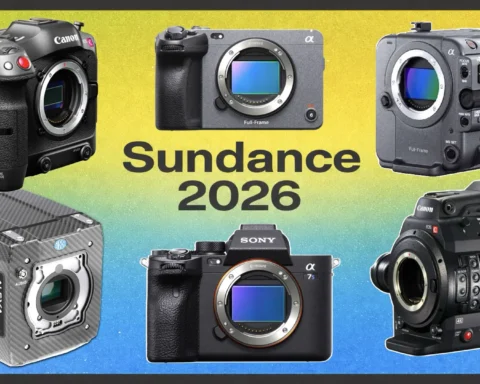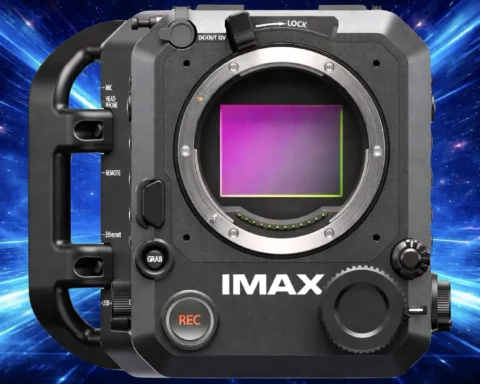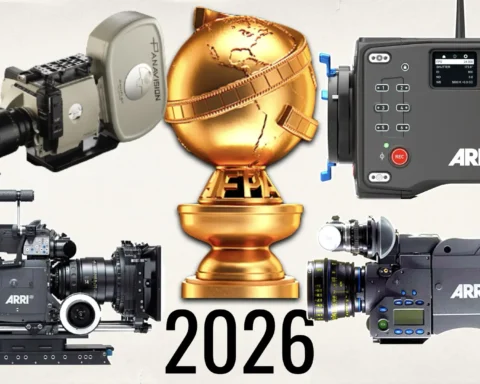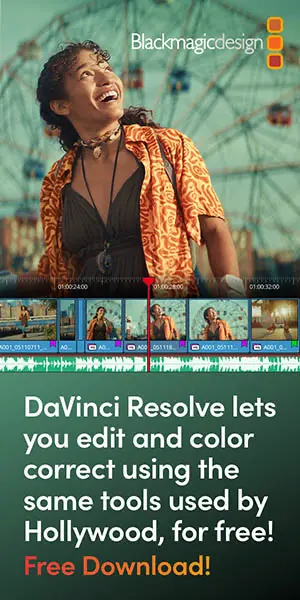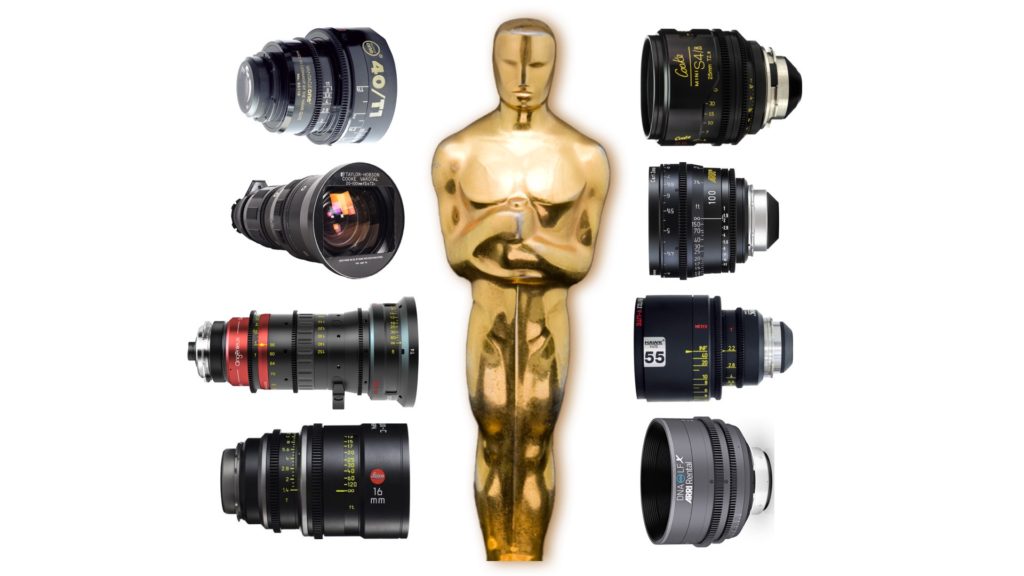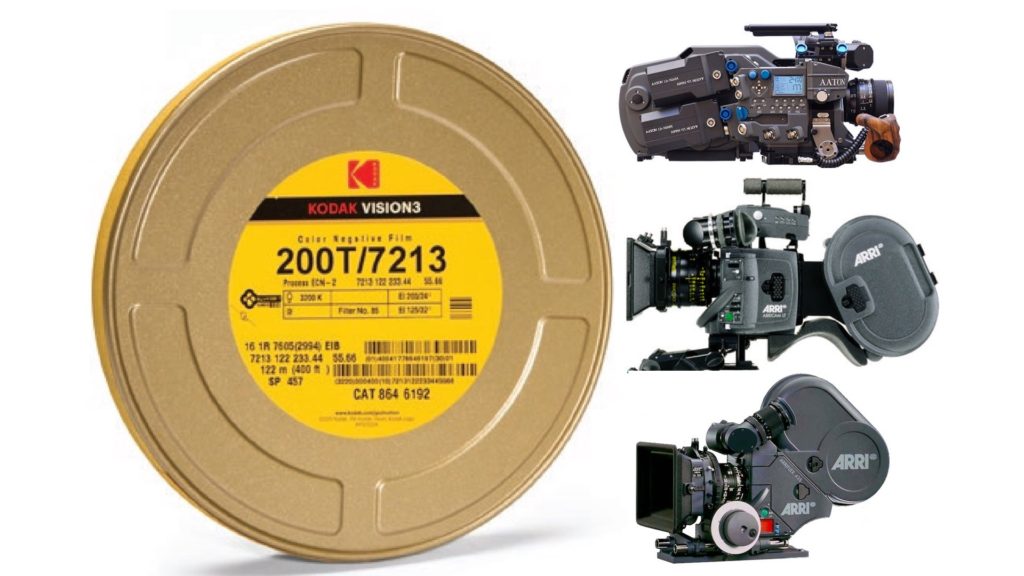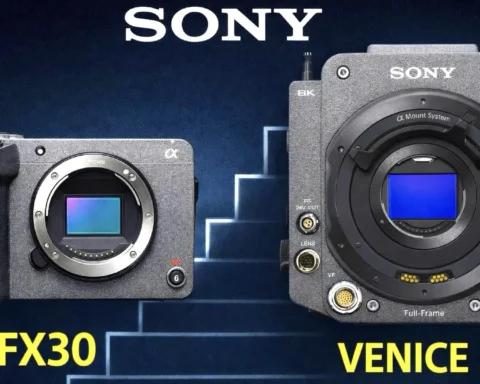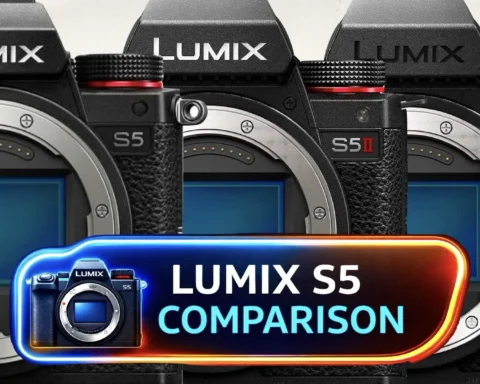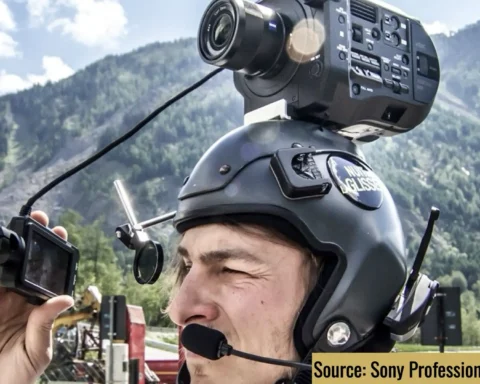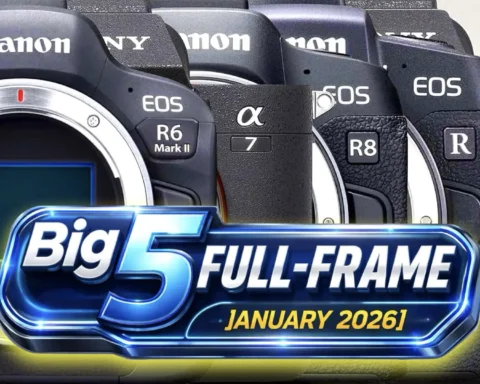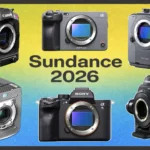ARRI Rental has released a showreel of one of the most fascinating cameras out there: The ALEXA 65. Let’s check it out and discuss what is so special about this sensor and what it takes to use it in production.
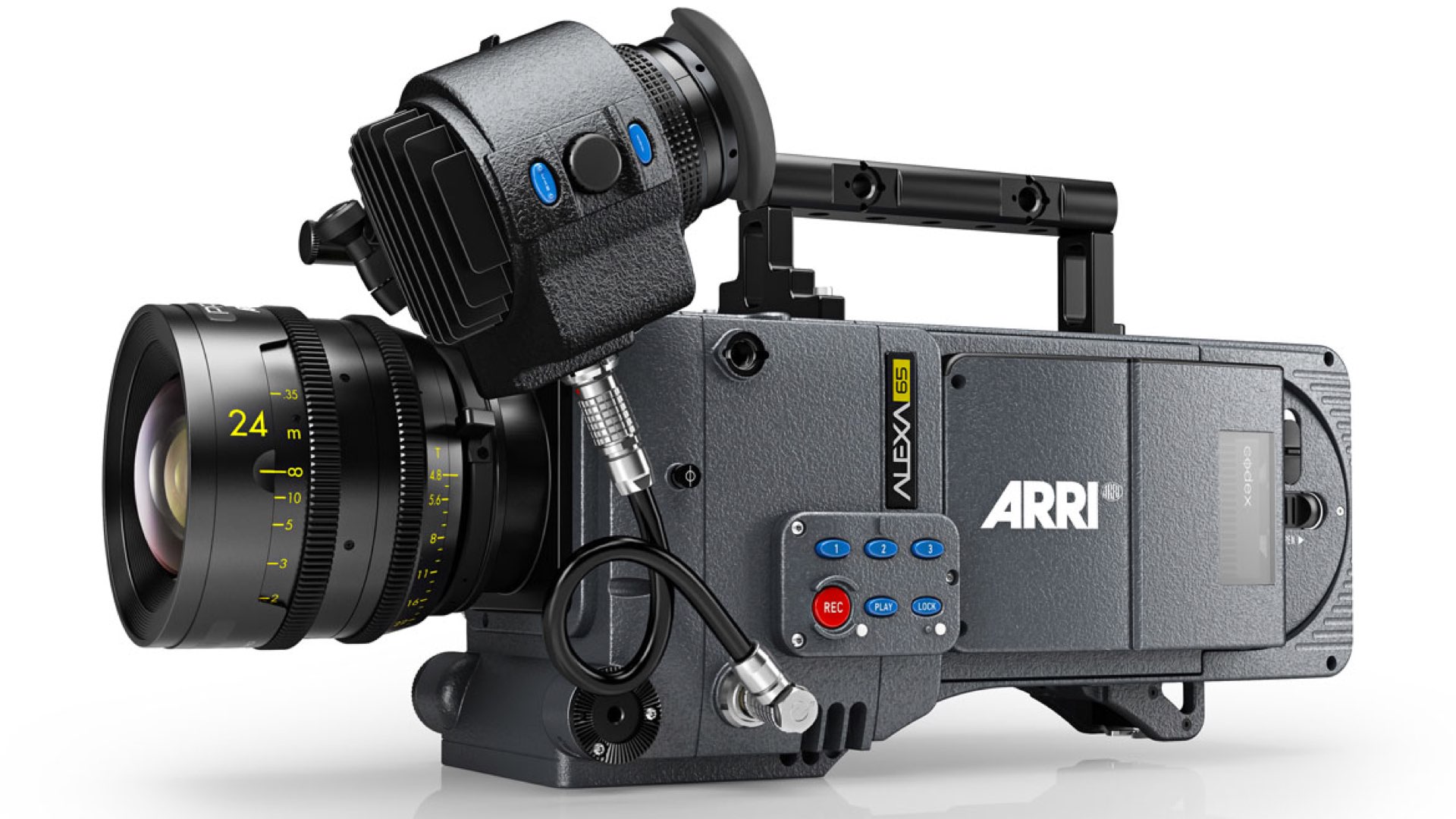
The born of the A3X
The ALEXA 65 was announced back in September 2014 as ARRI’s 6K large-format solution. Like its competitor (Panavision), the Alexa 65 camera is available by rental only, provided through the ARRI Rental Group. Alexa 65 uses the A3X CMOS sensor made up of three Alexa sensors arranged vertically and stitched together, which allows for active imaging area measure 54.12mm x 25.59mm, and a 6560×3100 resolution.
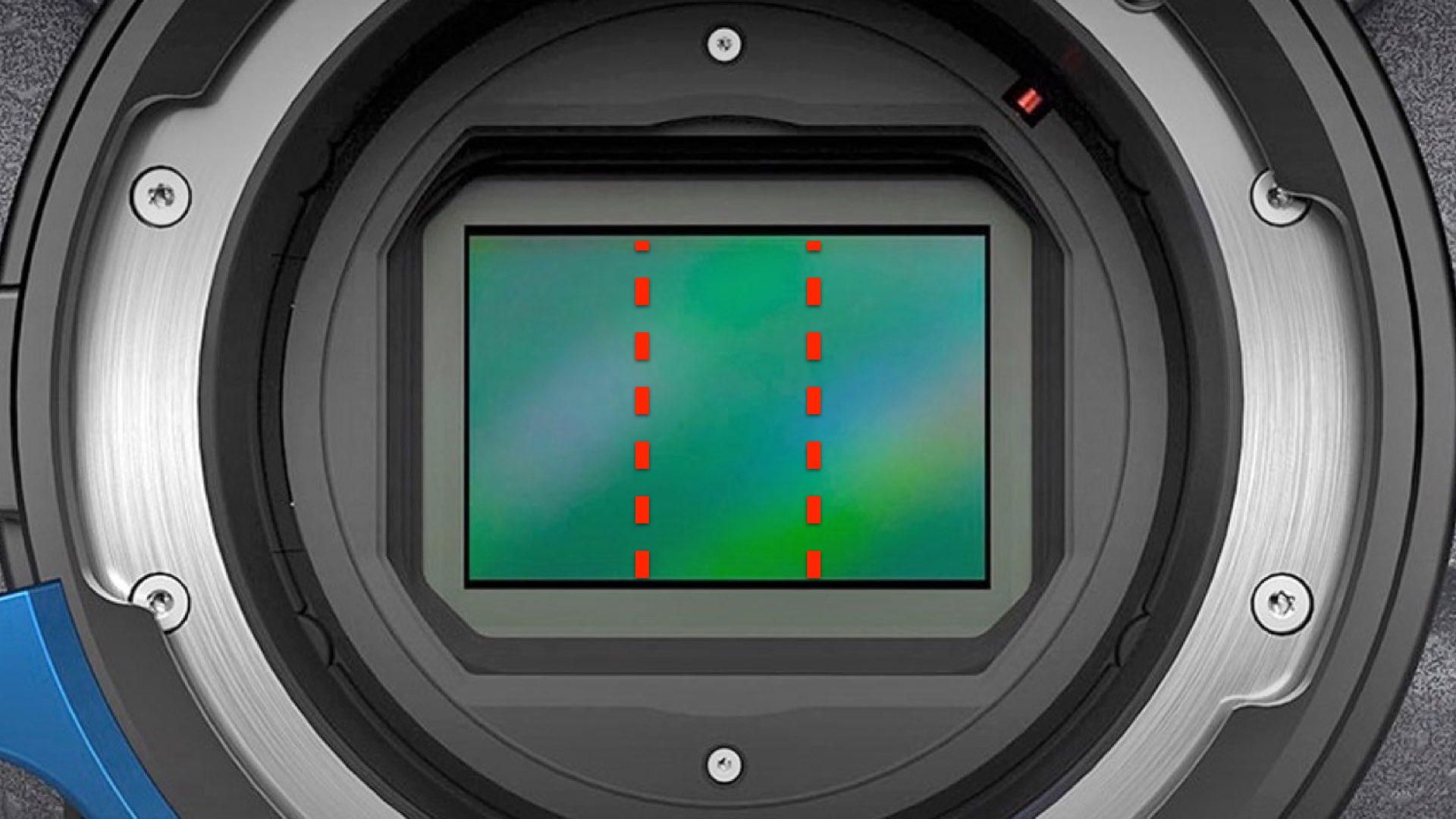
An impressive piece of tech
The updated ALEXA 65 now supports 2 TB SXR capture drives, offering over 40 minutes of recording time at the full 6560 x 3100 sensor resolution. The new SXR capture drive technology also offers very high recording data rates, allowing 60 fps uncompressed recording at full resolution. (over 40 minutes of recording time at the whole 6560 x 3100 sensor resolution).
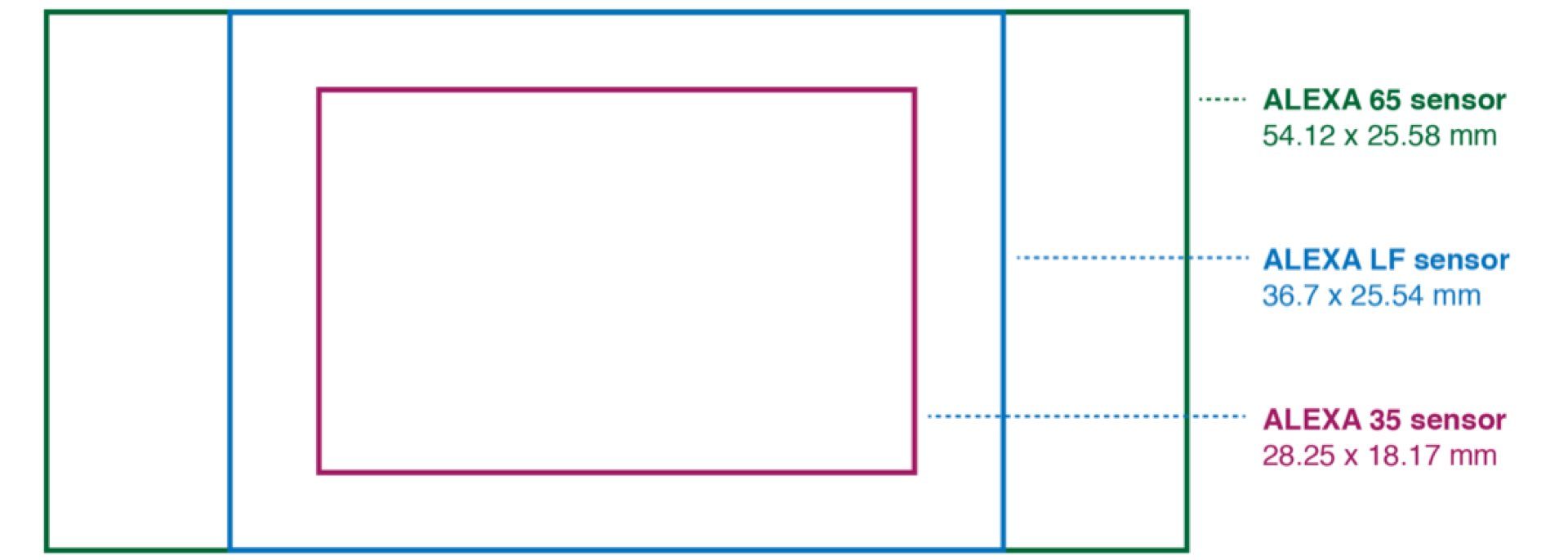
ALEXA 65 and IMAX
The camera’s sensor was a new sensor developed by ARRI that is slightly larger than a 65mm 5-perf film frame. Interest in the system has spread rapidly, with leading filmmakers pressing to use it on major feature films. Furthermore, IMAX announced that it has selected the ALEXA 65 platform as its digital option for 2D IMAX productions. To learn more, head to Y.M.Cinema Magazine article regarding utilization of the ALEXA 65 on IMAX productions like the ‘Avengers: Endgame’ (that was shot entirely with the ALEXA 65-IMAX) and The Lion King 2019. Basically, without further diving into the small details here, the partnership between IMAX and ARRI allows optimal customization of the ALEXA 65 system for use on IMAX productions. Besides the 65-IMAX combination, the ALEXA 65 was used on a lot of the high-end productions that sought the large-format look, including Netflix.
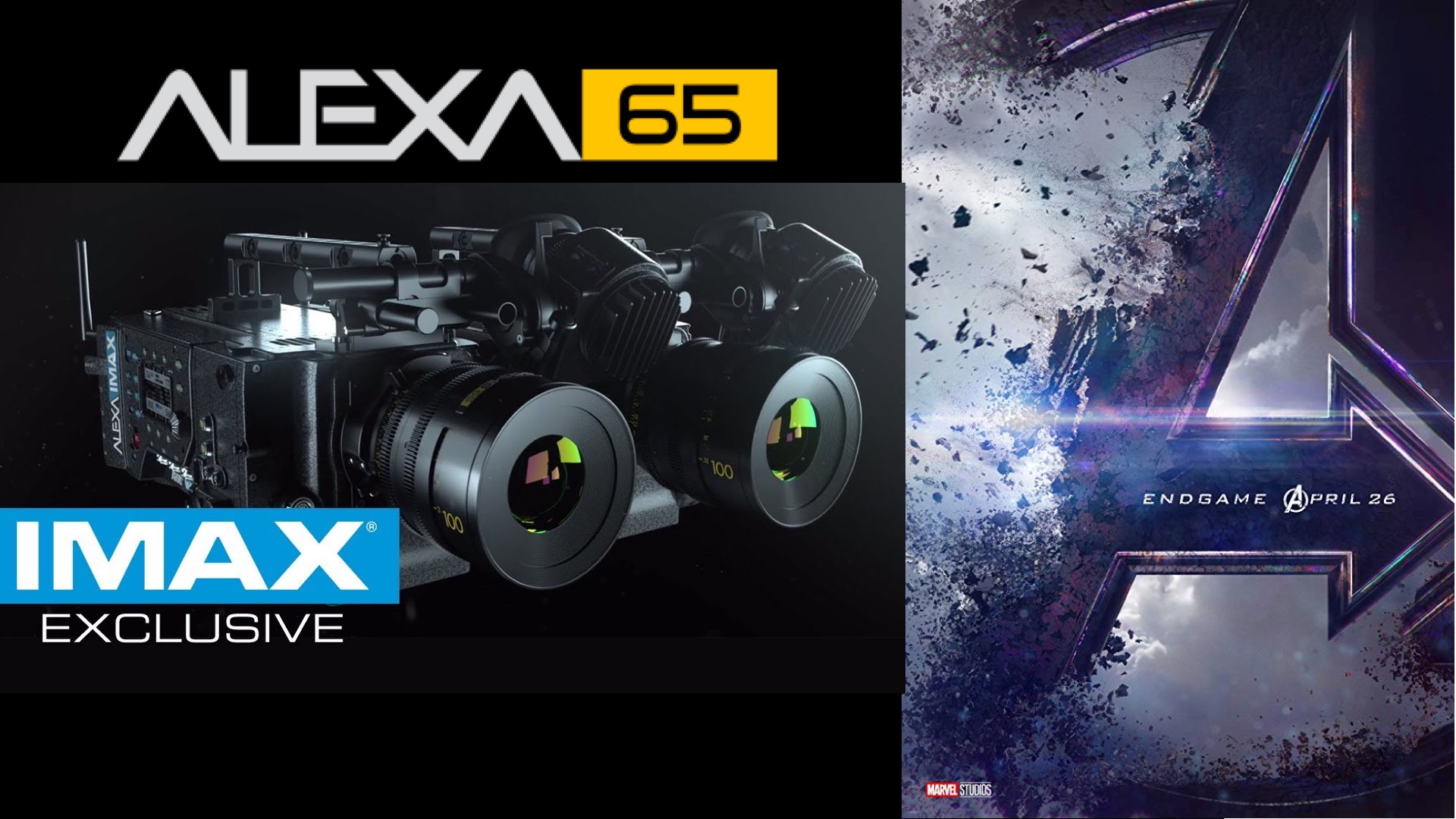
Mission: Impossible – Rogue Nation and The Revenant were the first
The ALEXA 65 has already been supplied to numerous high-profile projects, some using it as the primary unit camera throughout production and others using it as a specialist camera for sequences that require extreme levels of image quality. Rogue One: A Star Wars Story, shot by Greig Fraser ACS, ASC, has been utilizing the ALEXA 65 as its primary unit A, B, and C-cameras. Before that, Stuart Dryburgh ASC, NZCS captured with ALEXA 65 on The Great Wall, using it as his A and B-cameras on the main unit. One of the very first productions to use the ALEXA 65 was The Revenant (see the image below). However, the first production to use the ALEXA 65 and to hit theaters was Mission: Impossible – Rogue Nation. While the movie was shot primarily on 35 mm film by Robert Elswit ASC, a major underwater sequence was captured with ALEXA 65 cameras and Prime 65 lenses in HydroFlex housings by Pete Romano ASC.
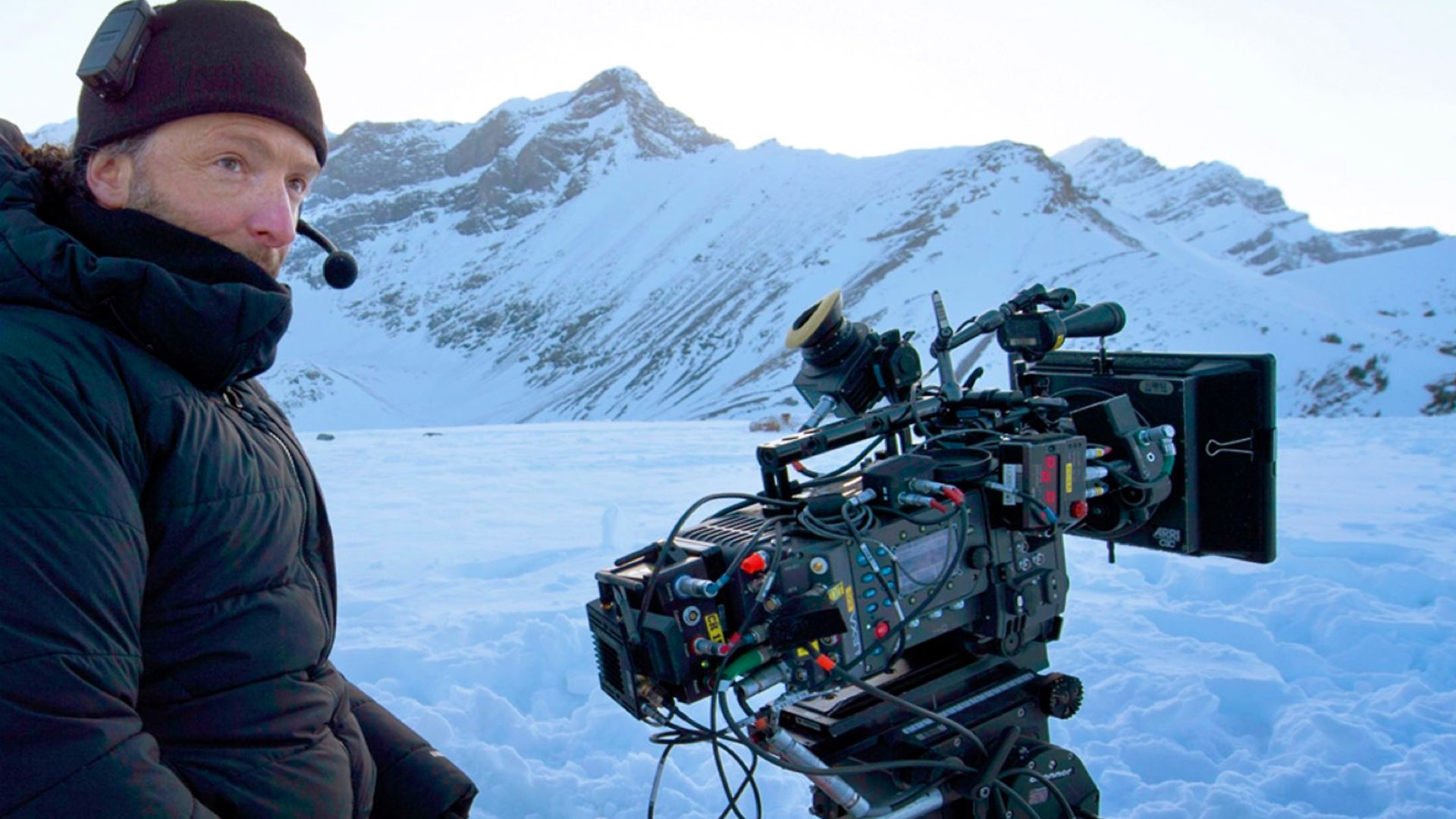
Underwater housing for the ALEXA 65
We all remember the extraordinary underwater sequence of Mission: Impossible – Rogue Nation. It appears that the scene was shot on the ALEXA 65. The complexity involved in taking this colossal camera underwater is significantly high, which makes the shot extremely complicated. Let’s hear the story behind this operation as described by Hydroflex, which is the company that designs those special underwater housing: “In May 2014, during prep for a major motion picture and six months before the release of the ALEXA 65, Pete Romano, ASC had heard rumors of ARRI developing a large format digital camera. The movie had a technically complicated VFX underwater sequence, and the ALEXA 65’s resolution and body size would be the tool to make the sequence possible. With no camera available, Pete and HydroFlex’s Matt Brown worked closely with ARRI Rental Group London’s, Neil Fanthom and John Duclose during the design phase of the underwater housing construction”.
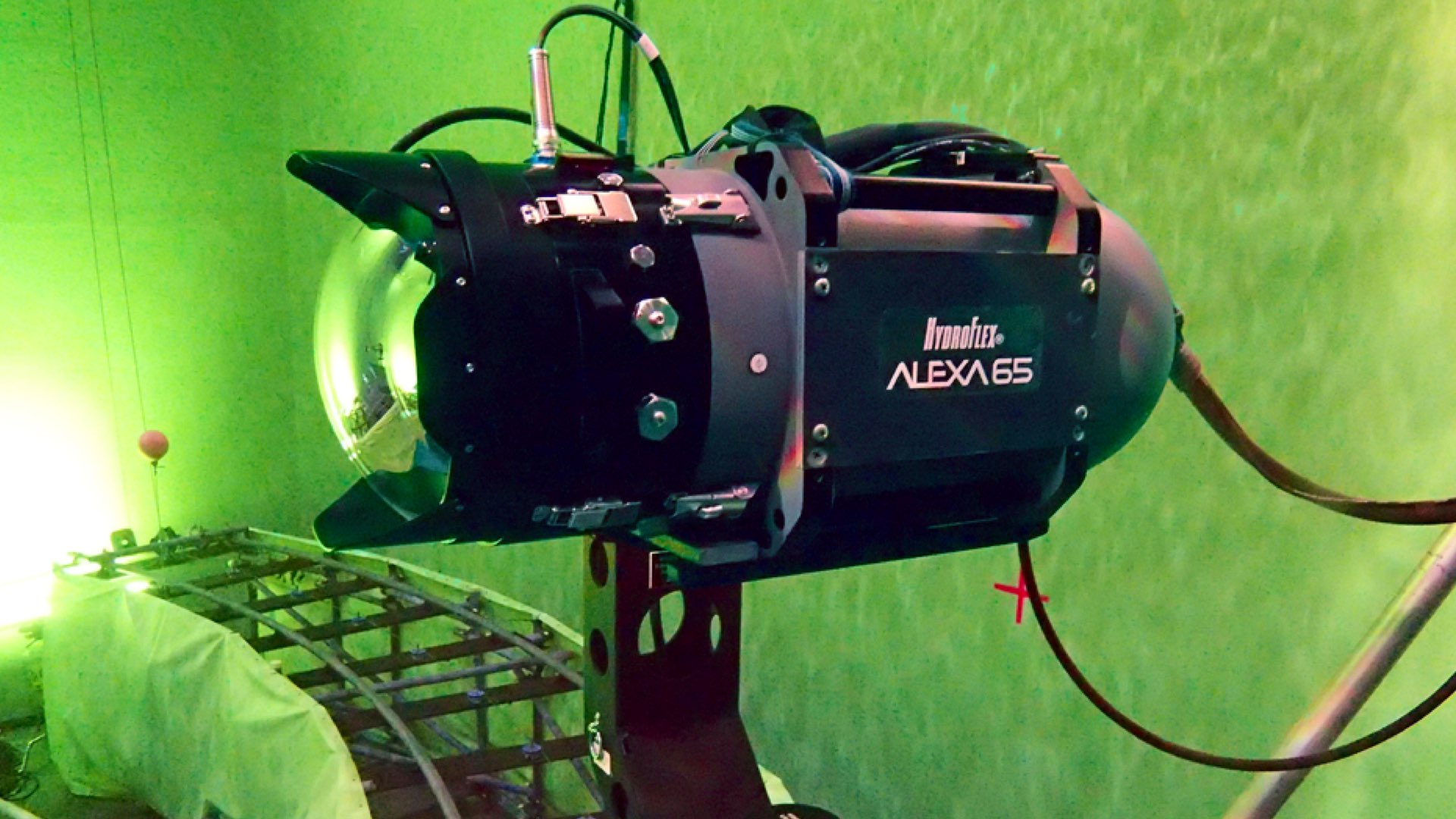
The movie had a technically complicated VFX underwater sequence, and the ALEXA 65’s resolution and body size would be the tool to make the sequence possible. With no camera available, Pete and HydroFlex’s Matt Brown worked closely with ARRI Rental Group London’s, Neil Fanthom and John Duclose during the design phase of the underwater housing construction
HydroFlex also teamed with Nauticam underwater camera company’s, Ryan Canon, to design and build a custom glass dome port for the ALEXA 65’s 24mm, 28mm, and 35mm lenses. The underwater housings were finished early November, and HydroFlex received the prototype ALEXA 65 on November 11th for the first fitting and electrical and buoyancy testing. On November 13th, HydroFlex shipped two successfully tested ALEXA 65 underwater camera systems off to location. HydroFlex has gone on record to be the first-ever to use the ALEXA 65 in production. During the course of shooting with two complete underwater camera packages, over 400 hours were logged. The heat was a big concern but by using a proprietary heat sink that was built into the housings design all heat issues were eliminated”.

During the course of shooting with two complete underwater camera packages, over 400 hours were logged. The heat was a big concern but by using a proprietary heat sink that was built into the housings design all heat issues were eliminated
ALEXA 65 in the air
Is there a possibility to attach the ALEXA 65 to a drone? It appears that nothing will stop passionate filmmakers from achieving that. We wrote before about the options of taking this vast sensor up into the air with the help of the XM2 Sierra, which is a drone dedicated to handling the payload of the ALEXA 65 (10.5 kg | 23.2 lb). The XM2 Sierra drone offers a payload capacity of 65 pounds and a maximum takeoff weight of 150 pounds. The drone can carry the Alexa 65, ARRI 435, and also Panavision cameras, and it’s dedicated to Hollywood and high budget applications when high-end cinema cameras are needed. To learn more, take a glimpse of our article.
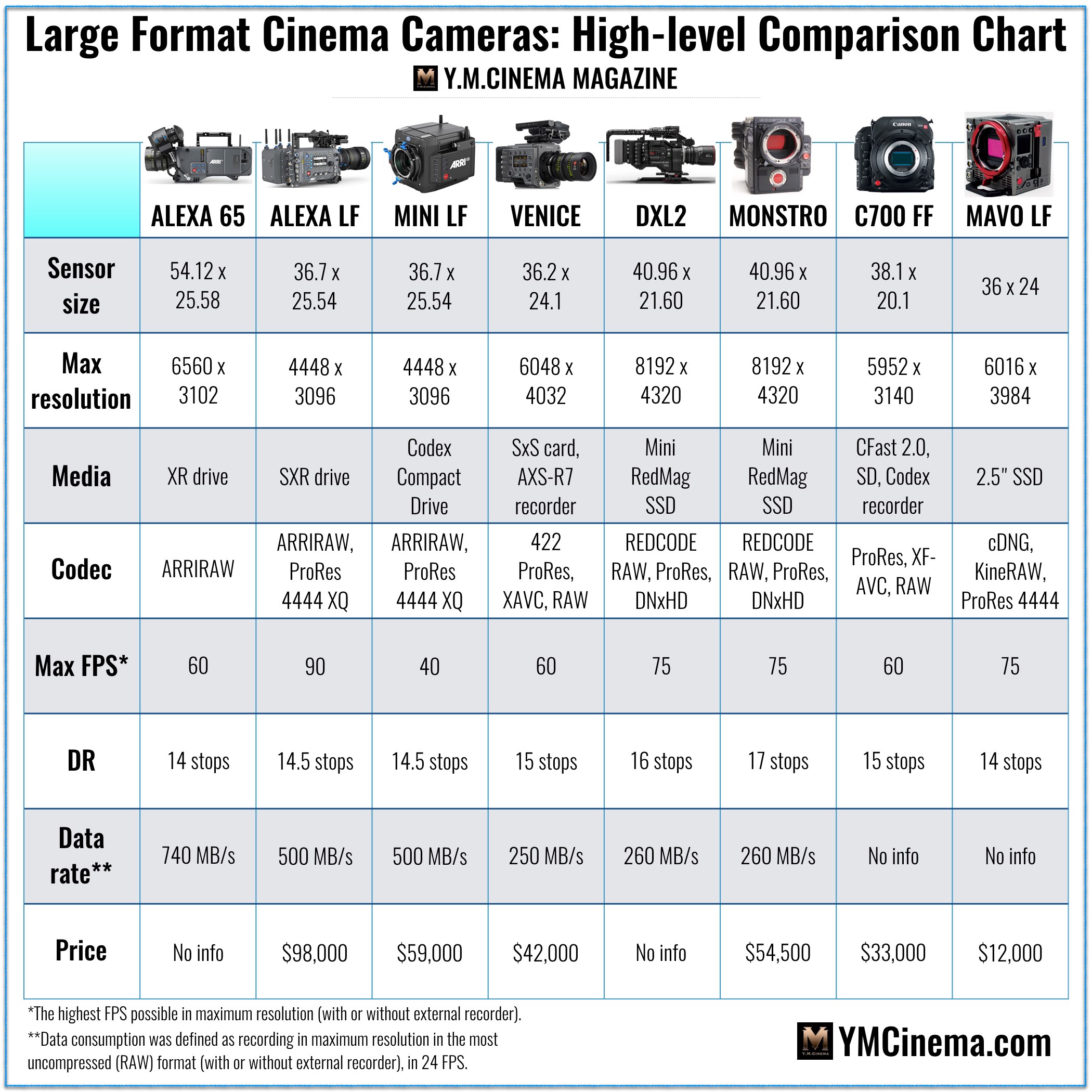
Final thoughts
Shooting large-format became desirable as more and more large sensor cameras are entering the market. Explore the table above, which presets the options for large format cinematography (excluding the brand new Canon C500 Mark II, which is not in the table). As you can see, the ALEXA 65 has a larger sensor and thus owns the maximum capabilities and characteristics of the large format look and feel. Shooting large format allows the privilege of enhancing movement, shallow depth of fields, and compression parameters. However, it challenges other factors like focus pulling, large FOV, and more. As filmmakers, we must know the pros and cons when shooting a large format project. ARRI offers some professional Masterclasses and certified courses concerning large format cinematography. For more info, you should check the ARRI Christmas Masterclass With Julio Macat ASC, which we reviewed here. Furthermore, in case you are eager to be highly educated regarding ARRI’s large-format ecosystem, check out ARRI Certified Online Training for Large-Format Camera System, which we reviewed here as well.
Take ARRI Certified Online Training for Large-Format Camera System
Check out 2020 ARRI Rental ALEXA 65 Showreel below:

